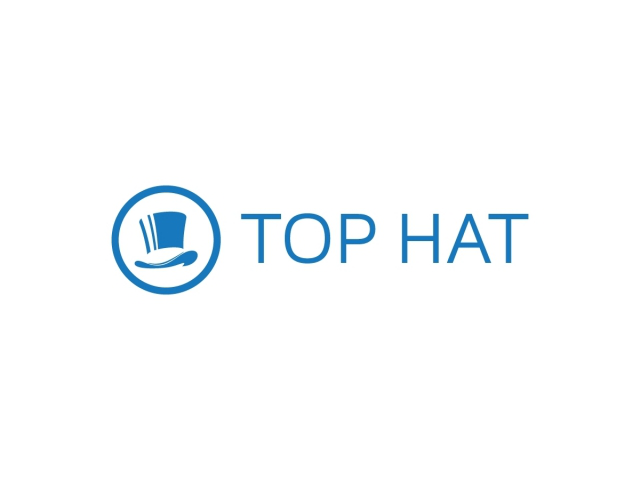Top Hat has raised a CAD $29.5 million Series C.
The round was led by Union Square Ventures, who was joined Top Hat’s existing investors Emergence Capital, Georgian Partners, iNovia Capital, Golden Venture Partners, Version One Ventures and SoftTech VC. Albert Wenger, partner at Union Square Ventures, joined Top Hat’s Board of Directors.
“Textbook publishing is often seen as a ‘bad’ business for how it treats professors and financially drains students,” said Mike Silagadze, co-founder and CEO, Top Hat.
Top Hat plans to use the funding to accelerate the development of new solutions for creating and distributing academic content, and tackling the “overpriced” textbook industry.
“We’re seeing this bankrupt strategy play out right now in Pearson’s recent struggles, widely credited to a lack of digital integrations and the underestimation of tech’s impact on higher ed,” Silagadze said. “At Top Hat, our goal is to make teaching fun and effective. We’re fortunate to have found a group of investors who are very founder-friendly, respect the progress we’ve made to date, and can guide us as we continue to displace traditional textbook publishers and improve student performance.”
Top Hat’s cloud-based platform aims to help university and college professors leverage digital experiences in their teaching. The company — which connects with students through their smartphone — allows professors to take attendance, deliver course content, and administer engagement activities like polls inside the classroom.
In the past year, the company expanded from 90 to more than 200 employees across offices in Toronto and Denver, and is deployed in more than 750 of 1,000 schools in North America, including Indiana University, the Ohio State University, and Michigan State University.
“Traditional publishers have dominated the market for academic content,” said Chris Bone, assistant professor at the University of Oregon and co-author of an interactive Geography textbook on the Top Hat platform.
“Although they realize that they need to utilize new and innovative technologies that will improve student engagement and learning in order to remain competitive, I think this is a real challenge for them because they’ve been dependent on the model of the printed textbook for so long, which makes integrating tools like test banks and homework platforms very difficult to do. As a result, edtech innovations like online book exchanges are in a great position to provide a more engaging and intuitive alternative to traditional textbooks, especially given that they can be much more affordable for students.”


